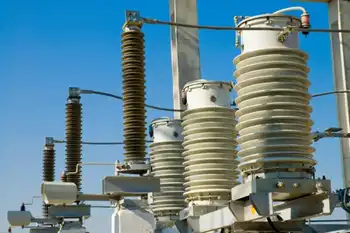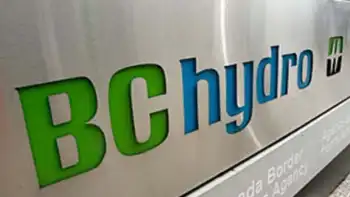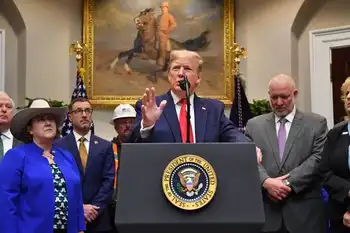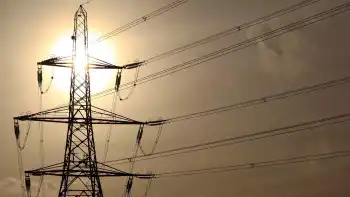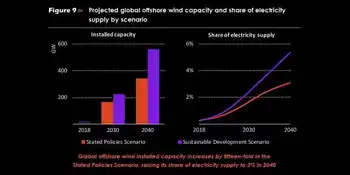Clean city plans scaled back
By Associated Press
Arc Flash Training CSA Z462 - Electrical Safety Essentials
Our customized live online or in‑person group training can be delivered to your staff at your location.

- Live Online
- 6 hours Instructor-led
- Group Training Available
Plans originally called for Masdar City to become a self-contained "carbon-neutral" community of 40,000 residents and even more commuters. Cars would be banned. Waste and water would be recycled.
It is meant to be a marked environmental contrast to other cities in the Emirates, where fuel-guzzling SUVs and year-round air conditioning powered by fossil fuel are common.
The state company behind the city said the project now won't be completed until at least 2020 — four years after the original deadline — and that work could stretch until 2025.
The Abu Dhabi Future Energy Co. — which goes by Masdar or "source" in Arabic — also backed away from original plans to power the city solely on power produced on site. The latest plans still call for the project to rely solely on renewable energy, however.
Chief Executive Sultan al-Jaber insisted that the project is in no way being scaled down or scaled back. Rather, he said, Masdar is adapting its plans to account for new research and technologies as they become available.
"By us actually doing it and investing money, we had access to lessons learned that no one had access to," he told The Associated Press. "We have to learn, adjust, adapt and move forward. We can't be rigid," he said.
Masdar said it is exploring a range of clean-energy sources for the city, including geothermal energy and solar thermal cooling, but that it will also consider buying renewable power from other locations.
Vast solar arrays were originally slated to provide the bulk of Masdar City's power. The changes mark the biggest shift in Masdar's strategy since the project was announced in 2006. Work on the site started in 2008.
As part of its new plans, Masdar said it is going to limit the development of a highly publicized network of personal podcars that would shuttle tens of thousands of Masdar City residents and visitors around the six square kilometer 2.3 square mile development.
The "personal rapid transit" podcars, which would travel on fixed tracks, were meant to replace personal vehicles in a city that promised to be entirely car-free.
Masdar now says the podcar system will be limited to an "ongoing pilot project," and that other types of electric vehicles may be allowed in the future.
Gulf energy expert Robert Bryniak, chief executive of Golden Sands Management Consulting in Abu Dhabi, said it made sense for Masdar to re-examine its plans. He described the original targets as "extremely aggressive" given the timeframe involved.
"Trying to get to a zero-carbon footprint is extremely difficult. To try to supply all the energy internally was going to be a pretty tough challenge," he said.
Some parts of Masdar City are already up and running.
Students and faculty began moving into six buildings housing a research facility known as Masdar Institute last month. While Masdar does not claim those buildings are carbon neutral, it says they use about half the water and electricity than other buildings in the Emirates thanks to rooftop solar panels and hot water heaters.
Al-Jaber told reporters in June that the overall aims of the project were not in jeopardy amid reports that the company had shed jobs and was looking to cut costs.
Abu Dhabi is the capital of the UAE, a Gulf federation that has the world's largest ecological footprint per capita, according to the World Wildlife Fund. That means each of its residents uses more of the world's resources on average than those living in any other nation.
Masdar City is at the heart of efforts by Abu Dhabi, one of the world's biggest exporters of oil, to position itself as a world leader in renewable energy. The emirate is investing heavily in solar and nuclear power, and was picked last year as the home of the International Renewable Energy Agency.





